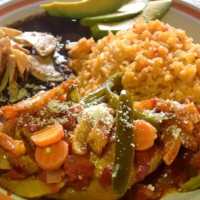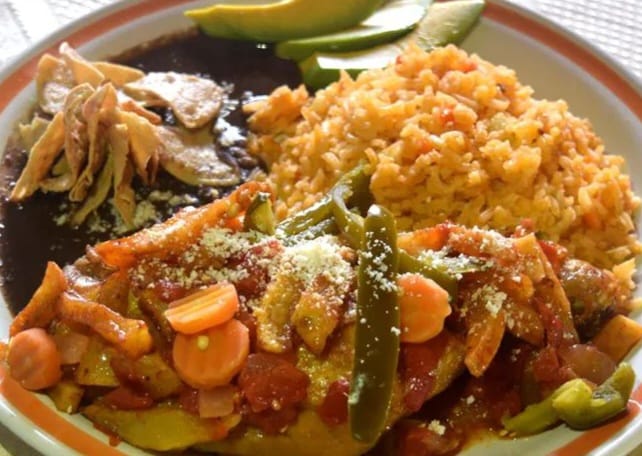You don’t know your last name. You don’t know your age because you don’t know your birthday. You know it’s almost Christmas, but you don’t know where your mom is. You lost her in the rainy jungle when the angry, shouty man with the gun tucked in his jeans carried you across the rising river and brought you here.
Chicken Taquitos Say, “We See You.”
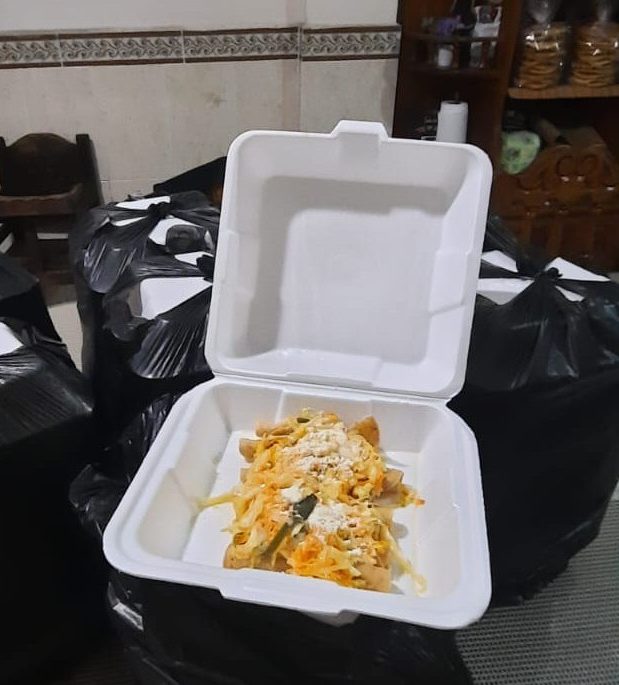
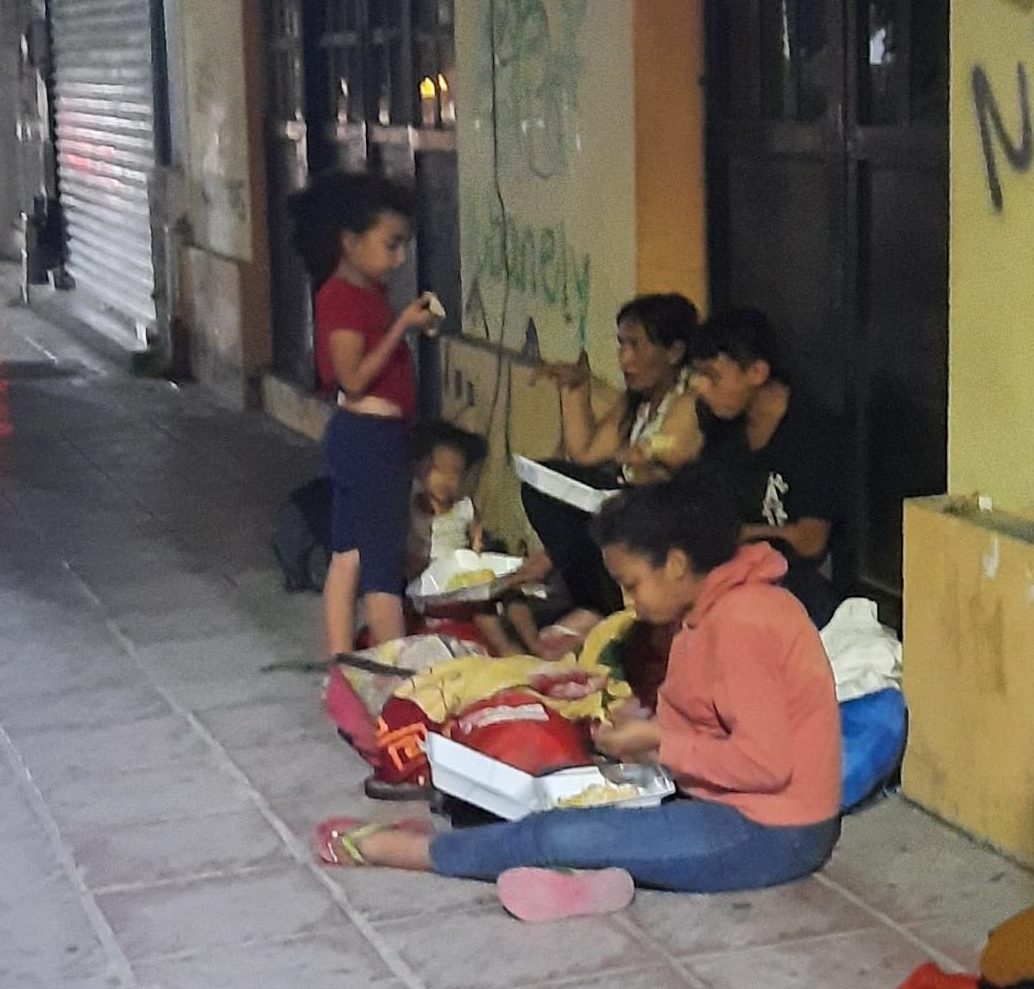
Here is a children’s shelter run by nuns in Tapachula. Originally established to support abandoned or abused children and children of prisoners, these days, it is also home to migrant kids separated from their parents while they are making their way north. Other migrant children are dropped off at the shelter by coyotes, who take them only so far. Thanks to our community of peacebuilders, we brought 60 chicken taquitos to the shelter a few days before Christmas as a treat for the kids.
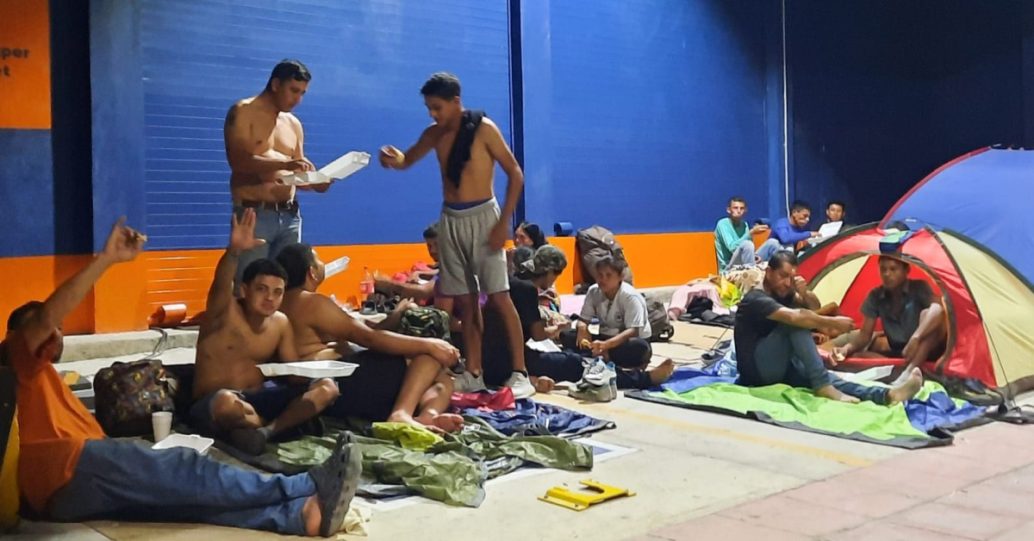
With a red sun behind us, we left the children’s shelter and went to a local park, where migrant families slept in tents, on pieces of cardboard, or directly on the ground. Most had just arrived from Guatemala, having crossed the dangerous, mountainous jungle of the Darien Gap. When migrants arrive in Tapachula, they have to wait for immigration offices to process their requests for documents enabling them to work in Mexico or travel through the country. Without travel permission papers, migrants get stuck in an unfamiliar city without enough money to rent a room.
In the park, we gave out another 50 chicken taquitos. “God bless you,” people said when they received some food. Many hadn’t eaten anything all day. Because it was evening, most children were sleeping as their parents stood guard, keeping them safe. Instead of eating the taquitos, these parents carefully stored them so their children would have something to eat when they woke up.
Fried Chicken and Spaghetti to Celebrate the Holidays
The need in Tapachula is great. People are skinny and thirsty, trying to survive. We were able to distribute 110 taquitos because we had a little extra money after we bought and delivered 400 meals of fried chicken and spaghetti or fried chicken and rice to a vulnerable shelter we support. The shelter’s board of directors are locals while migrants staying at the shelter manage it and are responsible for the day-to-day upkeep.
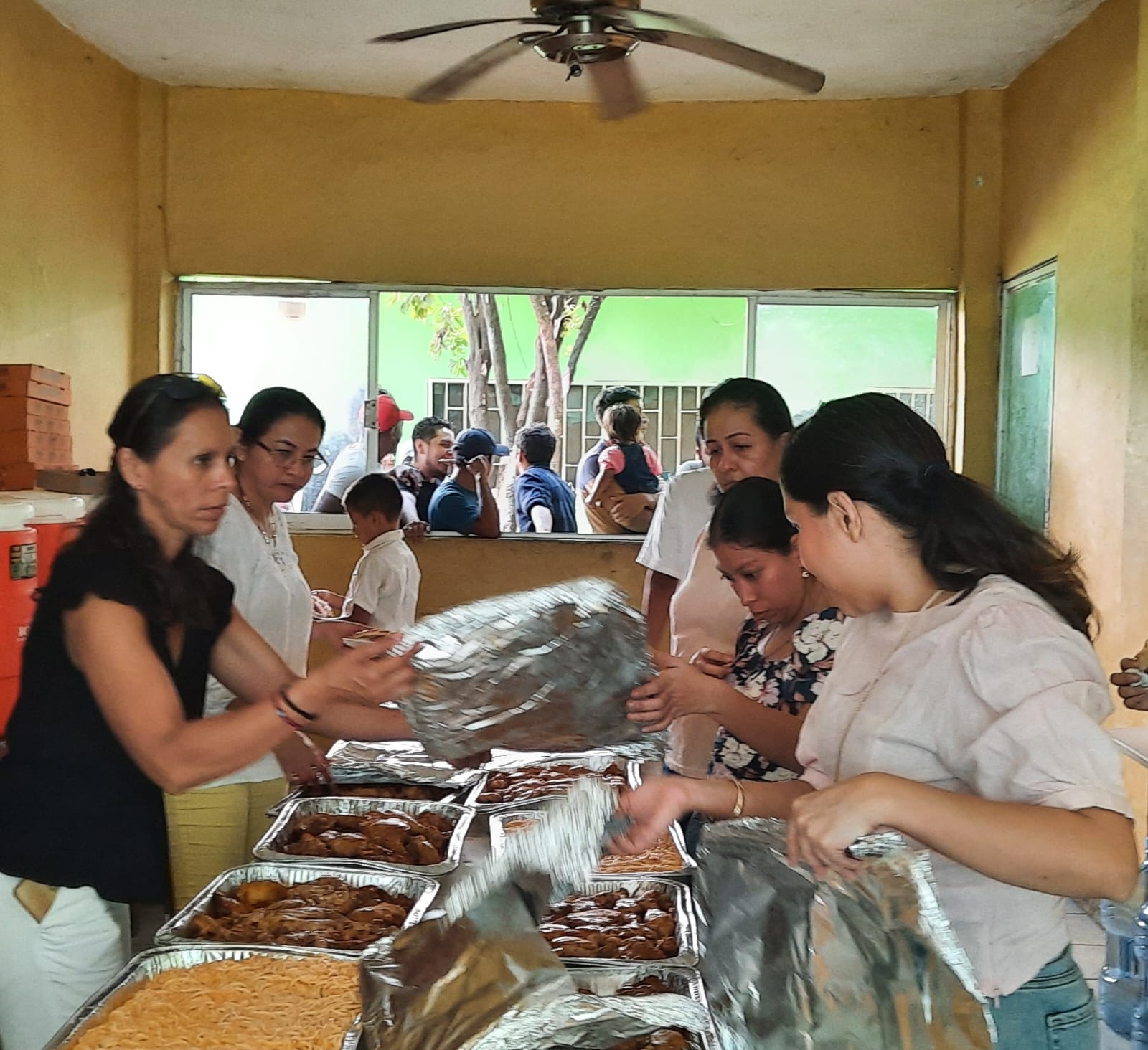
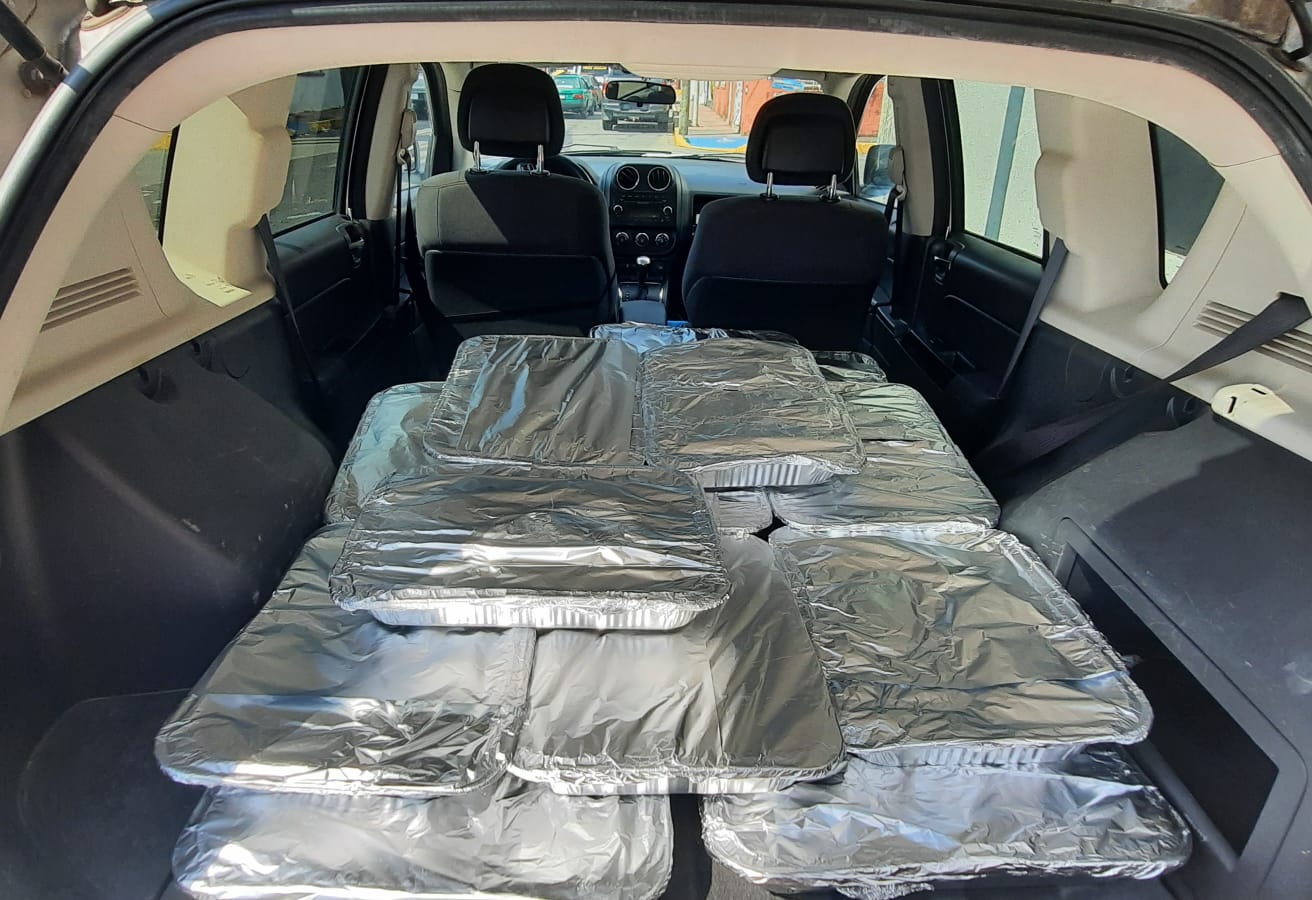
The shelter has very little funding, so it usually provides only one simple meal of two small scoops of rice and beans and two tortillas daily to the people staying there. The shelter was designed to hold 200 people, but 300 people, on average, stay there each day. People sleep on the floors–wherever they can find space. Sometimes, there is not enough rice and beans to go around.
We pre-ordered and bought the fried chicken dinners from a local restaurant to support Tapachula’s economy. The people staying at the shelter were thrilled to eat fresh, hot fried chicken, and we were thankful we had enough food for some people to eat twice. As word of the chicken dinners traveled in the neighborhood, more people came in off the streets, and thanks to your generosity, we had enough dinners for them, too.
When Gang Violence Drives Poverty
Tapachula is crowded with Central Americans, Haitians, Venezuelans, Cubans, and Middle Easterners searching for a better life for themselves and their families. Not all drivers of migration are the same. Many migrants come north because extreme poverty makes keeping food on the table nearly impossible in their home countries. But poverty in countries such as Honduras, El Salvador, and Haiti is inextricably linked to gang violence whereas poverty in Venezuela is rooted in economic collapse.
In countries where gang violence is normalized, gangs often control local economic activity. They exercise more power than the police, who sometimes work in conjunction with them. When the parents fleeing these places say they want a better life for their children, they mean they want the opportunity for their children not to have to become gang members in order to survive.
We met Maria*, a twenty-two-year-old widow with a two-month-old child, during our food distribution. A member of the Mara Salvatrucha gang, also known as MS-13, had murdered her baby’s father, and she feared for her life. She left her community because it had become too dangerous for her to stay.
As the Mexican government increases deportations from the US Mexico border to southern Mexico, Tapachula will become even more crowded and people more vulnerable. From our long-term farm project and food voucher programs to one-off hot meal distributions, we remain committed to upholding human dignity by putting people first where and when we can.
*Not her real name

